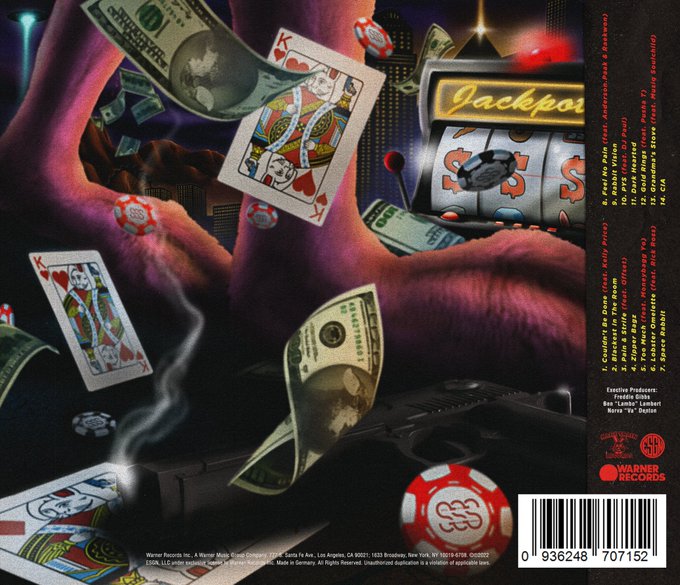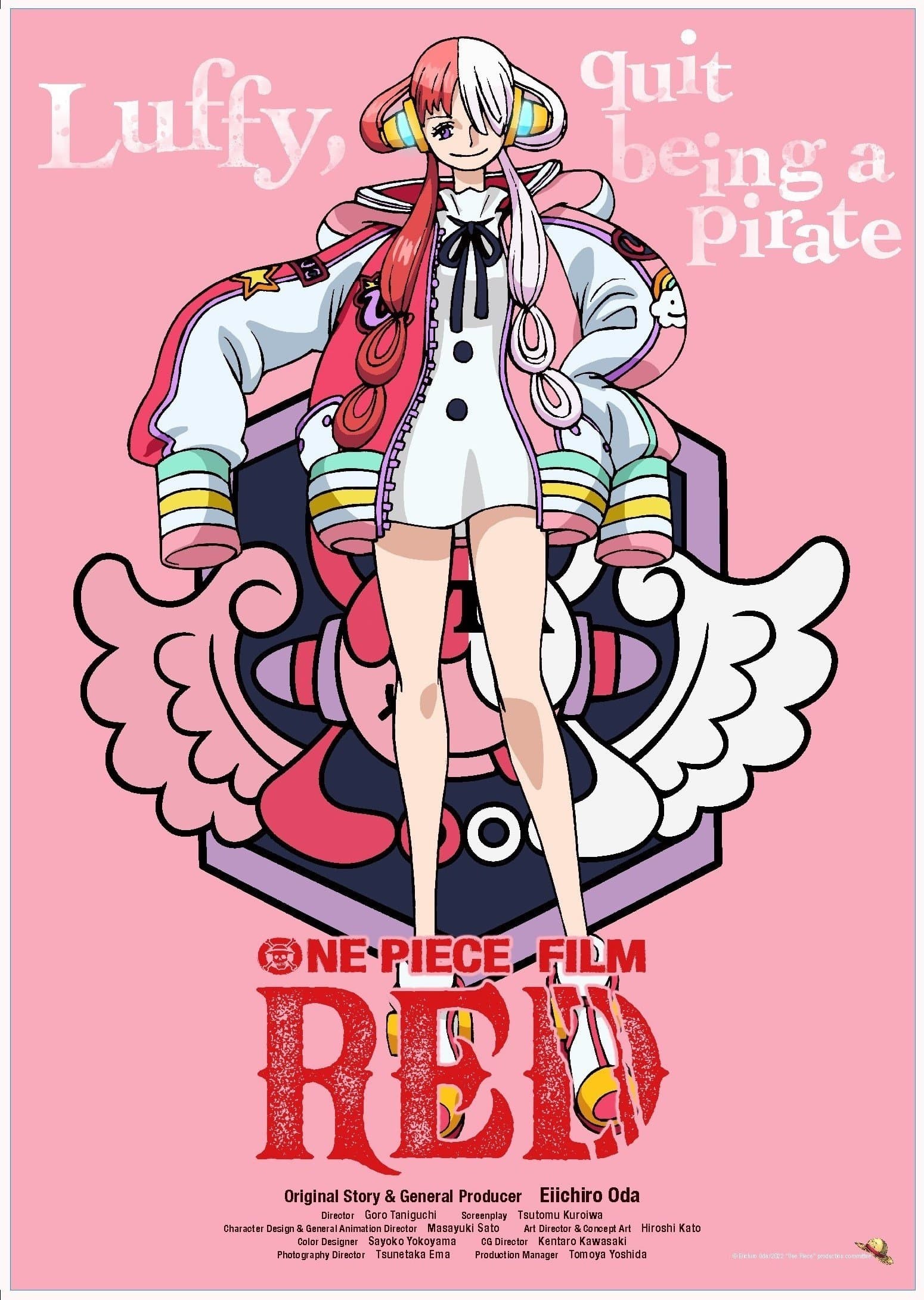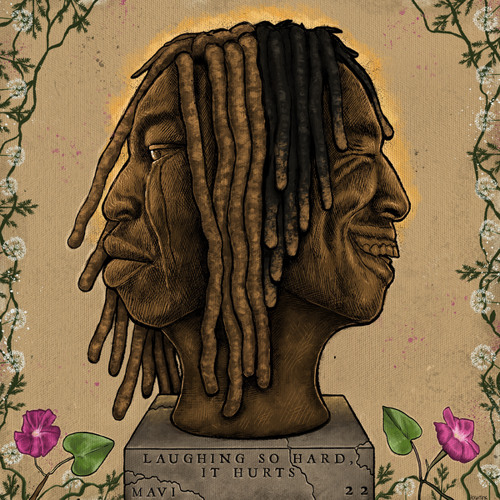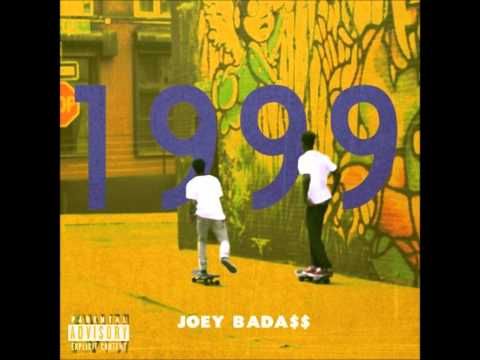By: Tommy “T-Rod” Rodriguez
Indiana rapper Freddie Gibbs is in a unique position in hip-hop. For some, he’s a bridge between the past and present. He channels the precise pen and subject matter that defined classic rap records like Hell Hath No Fury or Only Built 4 Cuban Linx, yet he has a modern day sense of humor and social media presence. Freddie has been in the industry for a while, but as he’s gotten his flowers for projects like the impeccable Piñata, it makes sense that the next record he’d drop would be his highest profile one yet. While an album with an large list of famed producers and features is tantalizing, there can be drawbacks when trying to go big. My main concern with the record was whether or not Freddie could maintain his core appeal with a new coat of paint, a concern that wasn’t helped with lead single “Too Much.” It was just a typical pop rap banger, with a decent beat and Gibbs performance weighed down by an underwhelming Moneybagg Yo verse. It wasn’t something I personally sought in Freddie’s music, so I was a tad bit skeptical as the album rollout continued…
And I was a dummy for having any doubts. $oul $old $eparately is a great record and shows that Freddie can adapt to any environment he chooses, all while being one of the best rappers out right now.
In many ways, $oul $old $eparately ($$$) resembles Freddie’s underrated 2015 record, Shadow of a Doubt. On top of leaning into more clean aesthetic, $$$ has very minimal production; lots of stark soundscapes with nothing more than a main melody, bass and heavy drums. While the beats aren’t groundbreaking (I wish a few had more to them), they’re pretty great. I love the light jazzy melodies on the first half of “Blackest Room,” with the evil keys and bass of the second half contrasting it perfectly. DJ Paul’s southern-flavored mix of Kingpin Skinny Pimp samples and psychedelic melodies on “PYS” is somehow chill and hard at the same time. “Gold Rings” is a perfect dusthead beat, with a harp sample mixed with hypnotic drumming. It’s a perfect backdrop to Freddie and Pusha T launching two great verses, one not really bodying the other. The beats here are simple, yet incredibly effective. I don’t think they were meant to be the main draw of $$$. Rather they’re a great complement to and stage for Freddie’s magic.
And that’s why this record succeeds: despite the mix being pretty clean on $$$, Freddie’s core appeal remains. Historically, artists that push for the big record of their career can often falter by following too many trends or not being themselves. Immediately on “Couldn’t Be Done,” Freddie shows he’s still himself. The song is a glitzy, hard-hitting intro that reaffirms Gibbs’ rags to riches tale, loaded with witty couplets, a relentless flow and gorgeous Kelly Price vocals. The song itself is also representative of how Freddie handles the songwriting on this record; he often puts more focus on his or a guest’s verses. This isn’t to say that there aren’t hooks that hit hard: Anderson Paak’s hook on “Feel No Pain” is incredible, helping transition between three excellent verses from himself, Gibbs, and Raekwon. A shoutout should also be given to “Dark Hearted,” a great ballad from Gibbs that shines on its sung chorus, tackling both Freddie’s own fears in the style of a rap-soul blend. Again, it’s Gibbs doing what he does best (storytelling and sharp writing), but in a slightly different style.
But what about those tracks that are lean more on the verses?
Simply put, they’re great. It’s funny too, because even the most straightforward tracks are so well-done you can’t help but get behind them. “Lobster Omelette” is a perfect mixture of luxury and lawlessness, delivering two great verses from Gibbs and Rick Ross over an expensive-sounding beat. “Rabbit Vision” is one long verse about Freddie’s vision having changed due to his life experiences, a standout moment on the record that captures his musical growth since the blog era. “CIA” is a classic song with Madlib to close out the record, a hypnotic joint that dives into Freddie’s thoughts on his career, social media and his own mortality. These songs are textbook Freddie, efficiently giving you what you need and getting you hooked on the strength of the pen.
Of course, Freddie digs deeper into his bag than his typical bravado. “Grandma’s Stove” takes that growth even further, dropping the record’s trademark cockiness for an honest look at Freddie’s psyche. I love when Freddie opens up on a track, and the atmospheric beat and Musiq Soulchild’s contributions make this by far one of Freddie’s best tracks. “PYS” is something that I haven’t heard Gibbs attempt yet, a mix of Memphis-type production ala DJ Paul, and some of Freddie’s most catchy flows yet. The track shows that he can really do anything he sets his mind to and make it hit. Freddie even nails his collaboration with Offset on “Pain & Strife,” a hustlers’ anthem that would sound right at home on an Atlanta rap record.
And that’s the one thing you should take away from $oul $old $eperately. The record proves that Freddie is versatile. Many artists could get lost in the mix of producers, features and expectations for a record as ambitious as this one, but Freddie still manages to be the highlight and table-shaker. Freddie and his producers bottle up what makes his music great, make it as a concise and hard-hitting as possible, and leave you wanting more. It’s a great record that is definitely going to be on repeat for a while for me.
Favorite Tracks: “Couldn’t Be Done,” “Blackest in the Room,” “Pain & Strife,” “Lobster Omelette,” “Feel No Pain,” “Rabbit Vision,” “PYS,” “Dark Hearted,” “Gold Rings,” “Grandma’s Stove”
Least Favorite: “Too Much”




Love the article – Gang$ta Gibbs!